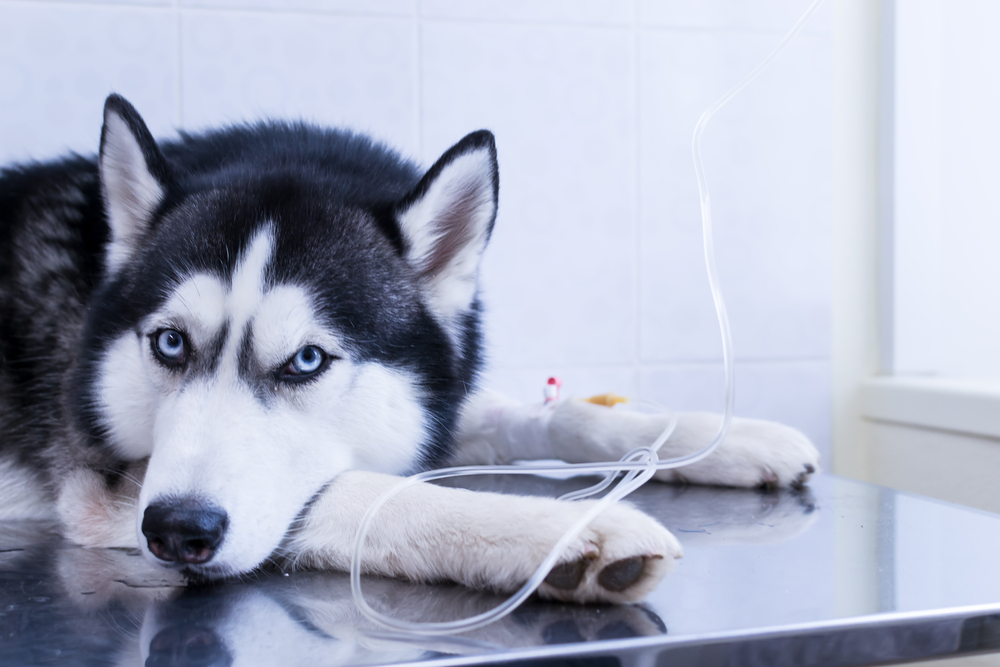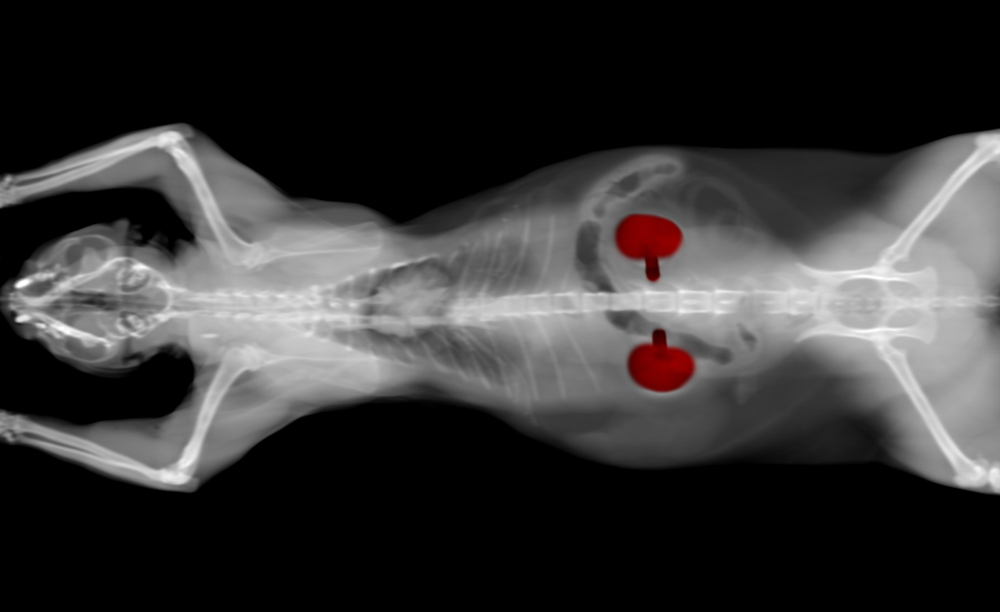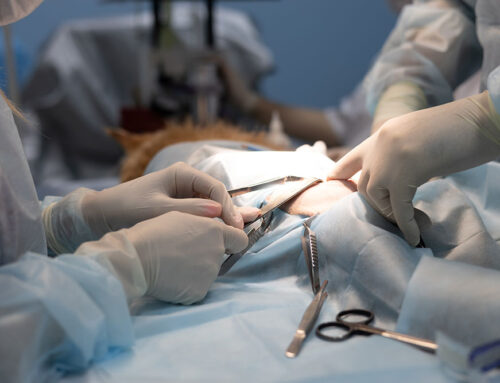Chronic kidney disease (CKD) is a serious health issue, but when detected early, the condition can typically be managed, improving your pet’s quality and quantity of life. Our North Waterloo Veterinary Hospital team believes knowledge is power, and we explain all you need to know about CKD, especially why screening and early detection are so important.
What do my pet’s kidneys do?
To understand why CKD is such a serious problem, you first must understand how important the kidneys are to your pet’s overall health and wellbeing. The kidneys are essential to numerous body functions, including:
- Water regulation — The kidneys produce dilute or concentrated urine, depending on the amount of water your pet drinks. If a pet develops CKD, their kidneys can lose their ability to make concentrated urine.
- Toxin removal — The kidneys’ numerous filtering units (i.e., nephrons) filter out the blood’s metabolic waste products that are excreted in the urine. When the kidneys are not functioning properly, these toxins accumulate in the bloodstream, leading to uremia.
- Protein conservation — The kidneys’ filtering units are complex and when they filter out toxins, they retain important proteins necessary for body function. In CKD, these proteins are lost in the urine.
- Red blood cell (RBC) production — Erythropoietin is a hormone produced by the kidneys that is responsible for stimulating the bone marrow to produce RBCs. When the kidneys aren’t functioning properly, the affected pet can develop anemia.
- Electrolyte and mineral regulation — The kidneys are responsible for regulating electrolytes, such as sodium and potassium, and minerals such as calcium and phosphorus. When a pet’s electrolytes and minerals are not properly balanced, significant secondary complications can occur.
- Blood pressure regulation — The kidneys are part of the body’s complex renin-angiotensin-aldosterone system that is responsible for regulating blood pressure. Many pets who have CKD develop hypertension, which can lead to issues such as heart and vascular problems, retinal detachment, and further kidney damage.
- Body pH balance — The kidneys regulate the body’s pH within a narrow range to facilitate important metabolic processes, and these processes are inhibited in CKD patients.
What are chronic kidney disease signs in pets?
Unfortunately, most pets affected by CKD seem perfectly healthy and exhibit no signs until the later disease stages, which is one reason why routine screening is so critical. When CKD signs develop, they may include:
- Lethargy
- Nausea and vomiting
- Increased thirst and urination
- Decreased appetite
- Weight loss
- Bad breath
How is chronic kidney disease detected early in pets?
The best way to detect CKD in the early stages is to schedule regular wellness visits with our North Waterloo Veterinary Hospital team. Early detection usually provides a better prognosis for your pet and allows our team to implement an appropriate treatment strategy to improve your pet’s quality of life. CKD screening tests include:
- Blood urea nitrogen (BUN) and creatinine — The kidneys typically filter BUN and creatinine, which are metabolic waste products. Increases in these kidney function biomarkers can indicate CKD, but their value increases only occur when a pet has lost about 70% of their kidney function. In addition, other conditions can cause BUN and creatinine to increase, so elevations aren’t specific to CKD.
- Symmetric dimethylarginine (SDMA) — Our team also measures pets’ SDMA, which is a more sensitive and specific kidney function biomarker than BUN and creatinine. SDMA levels can increase when a pet has lost as little as 25% of their kidney function, allowing us to detect CKD early in the disease process.
- Phosphorus — A CKD patient’s phosphorus level may be elevated.
- Complete blood count (CBC) — Because the kidneys play a role in RBC production, CKD can lead to anemia, which a CBC can detect.
- Urinalysis — By evaluating your pet’s urine, we can detect issues, such as dilute urine and proteinuria, which may indicate CKD.
To confirm your pet’s CKD diagnosis and determine the disease’s severity, we must delve deeper into your pet’s health status. If your pet’s routine diagnostic screening test results indicate they have CKD, we may recommend these additional tests:
- Blood pressure measurement — Because many CKD pets have hypertension, we may measure your pet’s blood pressure.
- X-rays — X-rays provide information about the kidneys’ size, shape, and position, and can help indicate issues such as kidney stones.
- Ultrasound — Ultrasound imaging is another useful tool to evaluate your pet’s kidney health.
How is chronic kidney disease treated in pets?

When detected in the early stages, CKD treatment typically involves ensuring your pet remains hydrated and switching them to a prescription renal diet. As the condition progresses, other treatments may become necessary, including:
- Fluid therapy — In some cases, intravenous (IV) or subcutaneous fluid therapy is needed to help keep your pet hydrated.
- Medications — Numerous medications may be necessary to address CKD issues such as increased phosphorus levels, proteinuria, high blood pressure, anemia, low potassium levels, and gastrointestinal (GI) upset.
- Feeding tube — For pets who refuse to eat, our team may recommend a feeding tube to ensure they receive appropriate nutrition.
Adult pets should be screened once per year for CKD, while senior pets, who are at higher risk, should be screened every six months. Schedule your pet’s wellness exam and CKD screening with our North Waterloo Veterinary Hospital team.







Leave A Comment